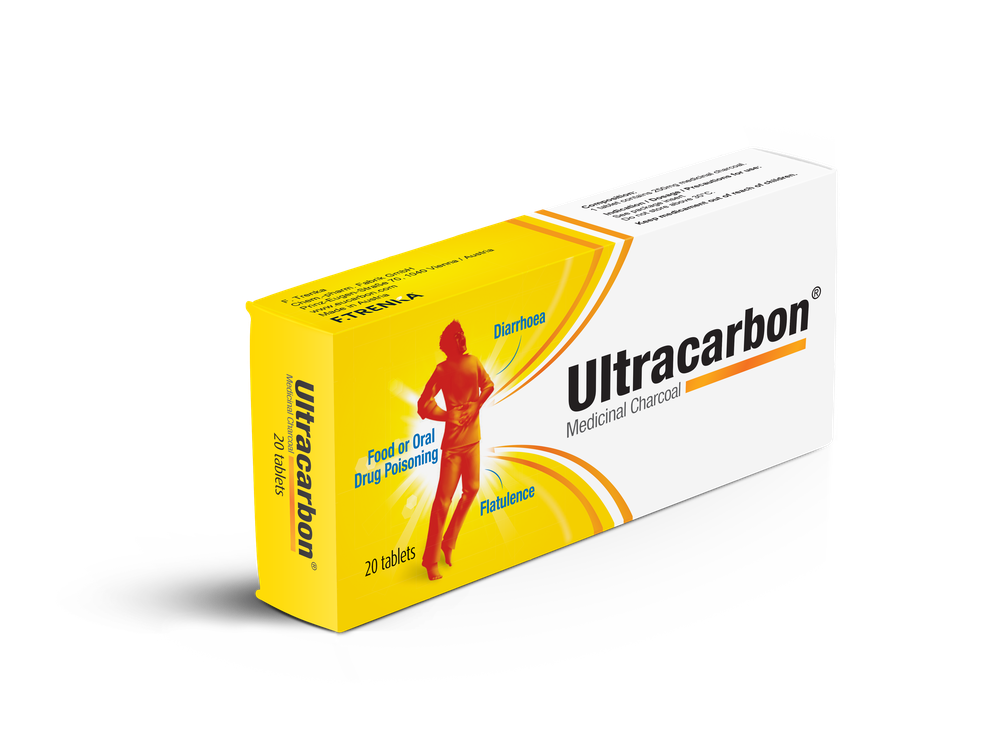Reasons for food poisoning
Most cases of food poisoning are not severe, and usually most people recover within a few days without treatment. However, some courses can be critical. For a better understanding, we have listed the most common causes of food poisoning:
1. Bacteria and viruses
The most common causes of food poisoning are bacteria and viruses. The symptoms and severity of poisoning vary, depending on which bacteria or virus has contaminated the food. The bacteria Salmonella and E. coli (Escherichia coli) have attracted much attention following outbreaks of contamination in food, particularly meat. However, other foodborne bacteria can be just as harmful, including listeria, clostridium botulinum (which causes botulism), clostridium perfringens, staphylococcus aureus, shigella, and campylobacter. Norovirus on the other hand is an extremely contagious virus that can be contracted via food or contact with a contaminated person. Along with typical food poisoning symptoms, it can cause gastroenteritis (inflammation of the stomach and intestines), which is commonly called a "stomach bug" or "stomach flu" but has no relation to the influenza virus. Hepatitis A is another common foodborne virus that can lead to kidney disease or liver disease if untreated.
Parasites are organisms that derive nourishment and protection from other living organisms known as hosts. Common foodborne parasites include protozoa, cryptosporidium, and giardia. While a broad range of foods can cause food poisoning, the most common culprits are raw meat (chicken, beef, pork, and turkey), raw fruits and vegetables, eggs, and dairy products like soft cheeses or unpasteurized milk.
3. Molds, toxins, and contaminants
Most food intoxication is caused by bacteria, viruses, and parasites rather than toxic substances in the food. But some cases of food poisoning can be linked to either natural or added chemical toxins.
4. Allergens
Food allergy is an abnormal response to a food triggered by the body's immune system. Some foods, such as nuts, milk, eggs, fish, crustacean shellfish, tree nuts, peanuts, wheat or soybeans, can cause allergic reactions in people with food allergies.






